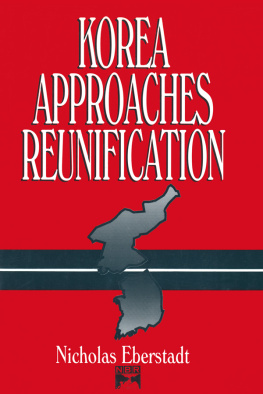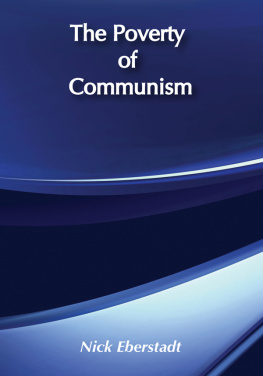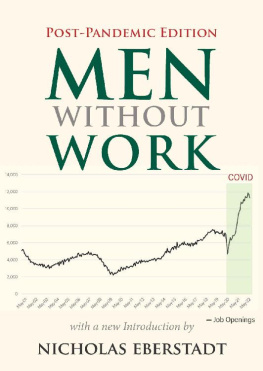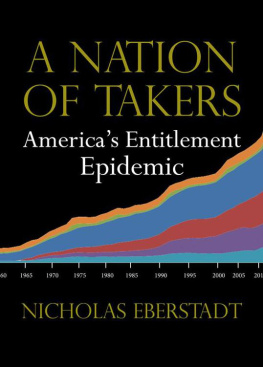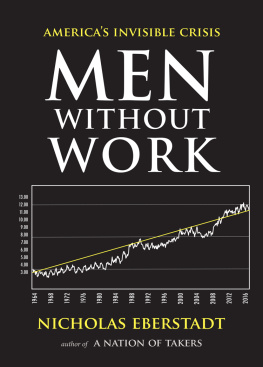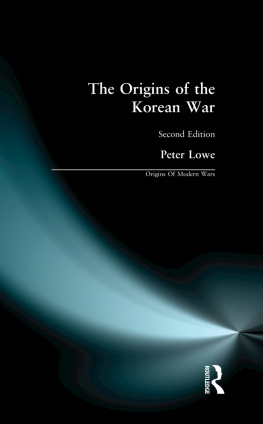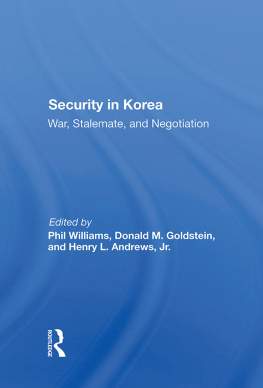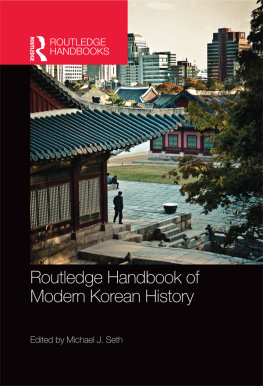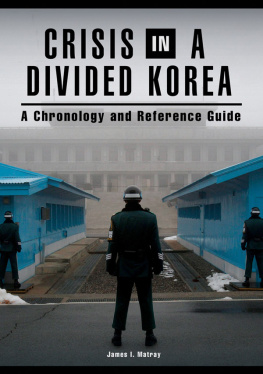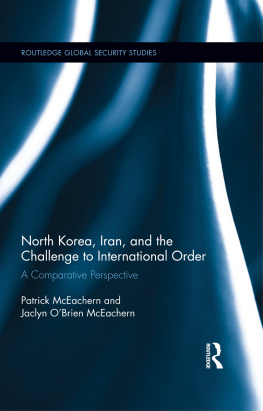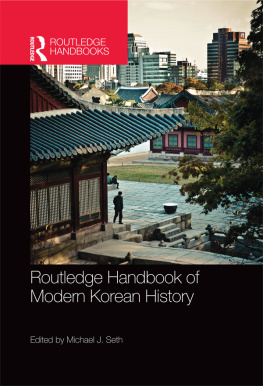KOREA
APPROACHES
REUNIFICATION
THE NATIONAL BUREAU OF ASIAN RESEARCH
NBR is a nonprofit, nonpartisan organization devoted to bridging the policy, academic, and business communities with advanced, policy-relevant research on issues confronting the Asia-Pacific region. Through publications, conferences, television programs, and other projects, NBR serves as an international clearinghouse on important issues concerning Asia and Russia. NBR does not take policy positions, but rather sponsors studies that promote the development of effective and far-sighted policy. Recent projects have focused, for example, on the Asia-Pacific Economic Conference (APEC) forum, Russias changing role in Asia, Chinas most-favored-nation status, and the evolving security environment in southeast Asia.
NBRs research agenda is developed and guided by a national Board of Advisors drawn from academia, government, and business. A bipartisan Congressional Committee of the Board of Advisors, composed of twenty-five U.S. senators and representatives, also provides program guidance. NBR is governed by a twelve-member national Board of Directors. NBR was established in 1989 with a major grant from the Henry M. Jackson Foundation.
KOREA
APPROACHES
REUNIFICATION
Nicholas Eberstadt
With a Foreword by
Robert A. Scalapino
THE NATIONAL BUREAU OF ASIAN RESEARCH
An East Gate Book
First published 1995 by M.E. Sharpe
First 2015 by Routledge
2 Park Square, Milton Park, Abingdon, Oxon OX14 4RN
711 Third Avenue, New York, NY 10017, USA
Routledge is an imprint of the Taylor & Francis Group, an informa business
Copyright 1995 Taylor & Francis. All rights reserved.
No part of this book may be reprinted or reproduced or utilised in any form or by any electronic, mechanical, or other means, now known or hereafter invented, including photocopying and recording, or in any information storage or retrieval system, without permission in writing from the publishers.
Notices
No responsibility is assumed by the publisher for any injury and/or damage to persons or property as a matter of products liability, negligence or otherwise, or from any use of operation of any methods, products, instructions or ideas contained in the material herein.
Practitioners and researchers must always rely on their own experience and knowledge in evaluating and using any information, methods, compounds, or experiments described herein. In using such information or methods they should be mindful of their own safety and the safety of others, including parties for whom they have a professional responsibility.
Product or corporate names may be trademarks or registered trademarks, and are used only for identification and explanation without intent to infringe.
Library of Congress Cataloging-in-Publication Data
Eberstadt, Nick, 1955
Korea approaches reunification / Nicholas Eberstadt.
p. cm.
An East Gate Book.
ISBN 1-56324-556-6. ISBN 1-56324-557-4 (pbk.)
1. Korean reunification question ( 1945 )
2. Korea (South)Economic policy.
3. Korea (North)Politics and government.
I. Title.
DS917.444.E24 1995
951.904dc20 953344
CIP
ISBN 13: 9781563245572 (pbk)
ISBN 13: 9781563245565 (hbk)
For Dr. Stephen W. Linton and Kim Won-sook
Friends and Teachers
Contents
by Robert A. Scalapino
The Korean Peninsula is again attracting attention. In the South (the Republic of Korea), the experiment with political pluralism proceeds at an accelerated rate, not always smoothly, but with increasing hope that the transition from military-led authoritarianism to civilian-led democracy will continue.
When one reflects on South Korean politics in recent decades, three experiences warrant consideration. First, the experiment in planting Western-style democracy prior to either extensive tutelage of the elite or socioeconomic modernization failed.
Second, given the Korean War and the continuing tension between the Northern and Southern governments as well as the serious defects in the existing civilian-led system, the usurpation of political power by a greatly strengthened military was not surprising. Moreover, it was a development paralleled in many other Asian settings.
Third, after several decades of state-directed economic development and the emergence of an increasingly vocal middle class, a transition to greater political openness and the civilianization of the political process ensued, again, a trend with broad parallels elsewhere.
Many tests lie ahead. A new generation of South Koreans is entering the political arena, often dissatisfied with older leaders and evidencing a strong nationalist bent. Can ROK democracy, still fragile, be strengthened, and a government of men be transformed into a government of law?
One important variable in determining the future of South Korean politics will be the performance of the economy. Among many South Koreans, it is commonplace to emphasize problems. First, there was overheating and inflation; more recently, an economic slump. Very substantial wage increases and investment decline have damaged South Koreas competitiveness in the international marketplace. Real GNP growth dropped an average of nearly 10 percent a year between 1981 and 1991 down to 5.5 percent a year in 1992 and 1993. Domestic savings declined, and the current account deficit rose, due largely to a negative trade imbalance. Moreover, some assert that Kim Young Sams anticorruption campaign adversely affected the economy.
Korea, like a number of other market economies including Japan and the United States that are emerging from recession, evidences the need for both policy and structural changes. Like all governments, the Kim administration will ultimately be judged in large measure by its performance in the economic realm. Yet when the positive side of the picture is calculated, the ROK economy remains impressive and in striking contrast to that of the North (the Democratic Peoples Republic of Korea). While lower, GNP growth remains positive in contrast to that of the DPRK in recent years. Per capita income, moreover, totaled $7,466 in 1993, at least three to four times that of the North. Korean investment abroad continues to grow, and overall trade, after slowing in the early 1990s, accelerated again in 1994approaching the $200 billion dollar mark.
The pace of ROK economic advances in recent decades, with its inevitable consequences upon the lives of virtually all citizens, qualified this society to be labeled revolutionary in the most fundamental meaning of that term. Certain states seeking to expropriate that word, among them, North Korea, are in reality vastly more traditional.
Indeed, the contrast between South and North could scarcely be greater in most respects despite their common cultural heritage, common race and language, and certain common attitudes derived from geopolitical circumstances. The DPRK entered the last decade of the twentieth century with its leadership and system largely intact after more than four decades, but with changes at the top now under way. The political system borrows heavily from the Leninist-Stalinist patterns of an earlier age, replete with a one-party dictatorship, an all-encompassing state with virtually no civil society apart from that state, and a cult of personality scarcely matched in history.




